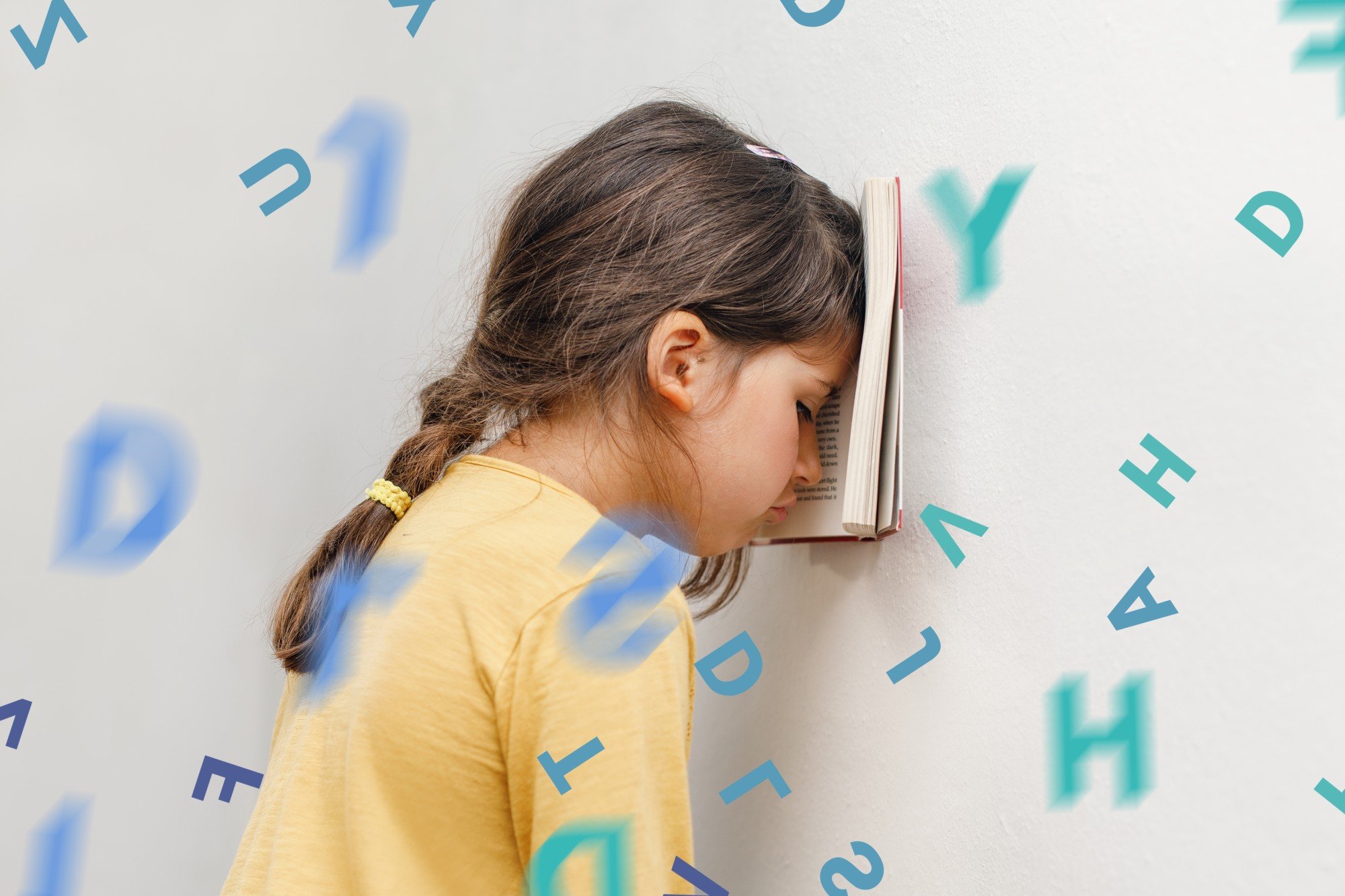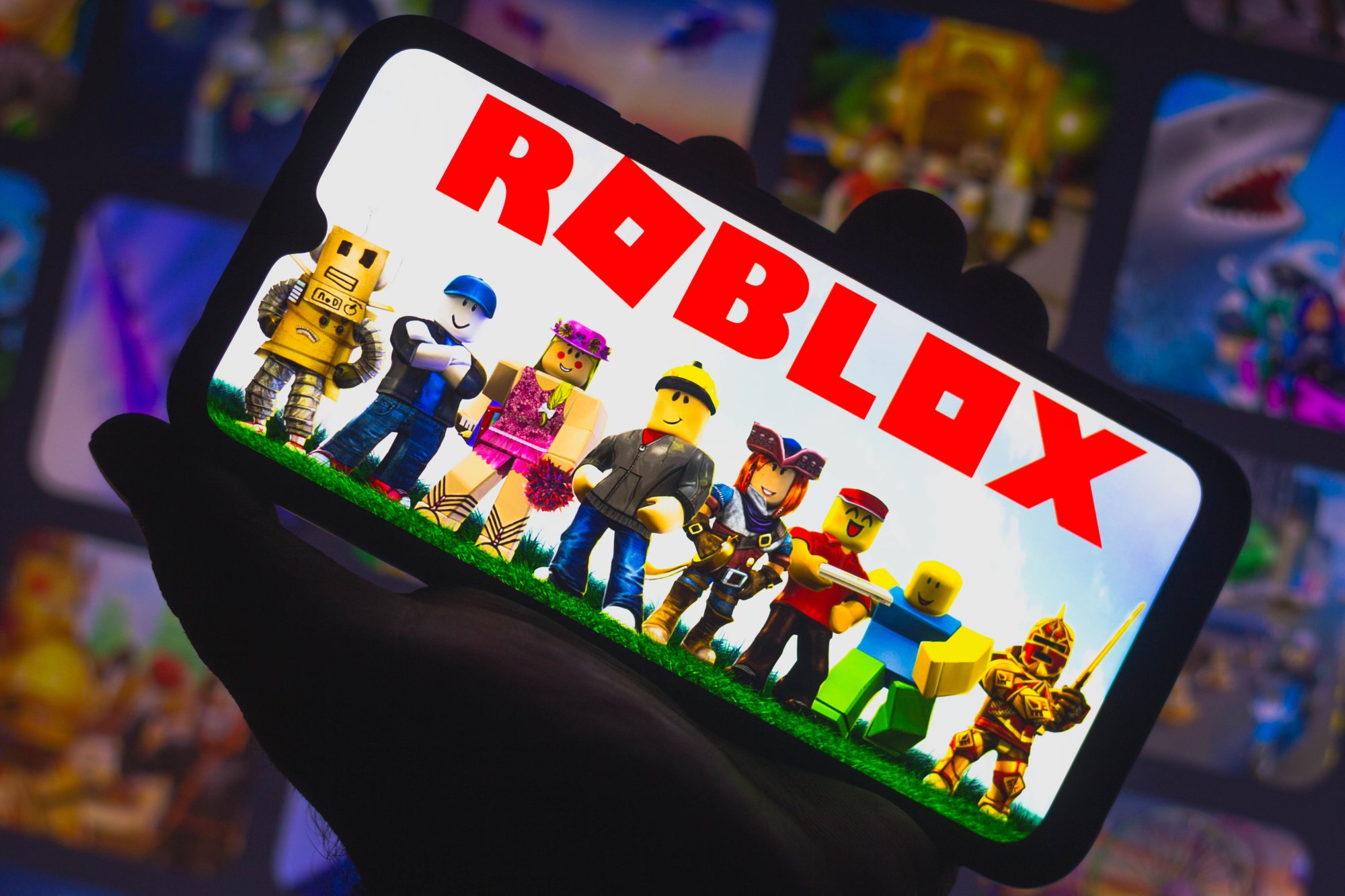
Feral, illiterate, doomed: Generation Alpha are a quarter of the world’s population, and people are worried about them
- Generation Alpha has emerged as TikTok’s newest supervillain thanks to their antics and sheer numbers, and Gen Z influencers ‘see a lot more chaos coming’
- There are concerns that Gen A children – those born since 2010 – are not ‘all right’, given their reliance on YouTube and falling levels of literacy
Zoomers fear them. Boomers want more of them. Millennials will keep making them for the rest of the year.
When the last of them are born in December 2024, they will close the largest cohort of children ever to exist on Earth. There are already concerns that these kids are not “all right”.

Many of those responsible for setting the discourse online agree we should be worried for them.
Who is MrBeast and why does he give away his millions on social media?
Despite decades of declining birth rates and years of hand-wringing over a pandemic baby bust, there are now more than 2 billion alpha children worldwide – more than a quarter of the population of the planet – and some 6 million in the US state of California alone.
And some aspects of their culture are sparking backlash.

In recent months, the alphas have emerged as TikTok’s newest supervillain, a designation that has followed them into mainstream media. If zoomers are delicate snowflakes, alphas are the opposite – a horde of marauders chasing Drunk Elephant beauty products.
But where did this reputation come from? And why is it ascendant now, when the last alphas are still in utero?
“There’s more children today than ever before, [and] more than there will be in the future,” says Mark McCrindle, the demographer who coined the name “Generation Alpha” in 2008. “We’ve hit peak children.”
As long as he keeps his grades up, I let him do what he wants, and most of the time he chooses to jump on the iPad
Many Gen X (those born between 1965 and 1980) and Gen Z families also have alphas, but millennial parents have defined the genre.
It begins with the sad beige baby.
This aggressively oatmeal aesthetic has dominated infant care since around Gen Alpha’s midpoint in 2017, desaturating high chairs, play gyms and nappy pails from electric green to subtle sage.
Even toy company Fisher-Price has toned down its colour palette in response to the market demand for more muted, less gendered clothes, toys and gear.

“The stigma is to not have our kids on screen time all the time, but I probably check my phone just as often,” says Chris Chin, 39, whose eight-year-old son Kaven is a YouTube star with half a million Gen Alpha followers.
“As long as he keeps his grades up, I let him do what he wants, and most of the time he chooses to jump on the iPad.”
Gen Z express TikTok fears about their future children’s screen time
For a curious primary school student, experts say, YouTube more often works like Wikipedia, answering questions like, where is the oldest tree on Earth? How do you defeat Shy Guy on level four of Paper Mario? What is snot made of?
“A kid who may not have access to art lessons, we have a creator who does exactly that,” says Amanda Klecker of entertainment company pocket.watch, which represents blockbuster kid creators such as Ryan’s World and Art for Kids Hub.
“They will show you a really cool illustration, and the dad and the daughter will break it down side by side” so that the child watching can learn to draw it, too.

Others, including the Gen Z influencer Dutta, agrees with that assessment.
“When I’m hanging out with kids now, they have so much energy, and they are so well informed,” Dutta says. “They have all this information at their fingertips.”
That information translates to influence with busy and relatively permissive millennial parents: kids now increasingly determine what their families buy, where they go on holiday and even what they watch on television, studies show.
“Our kids these days are so intelligent,” says Anges Hsu of Hello Wonderful, whose six-year-old has read hundreds of digital books, despite growing up in a home filled with physical ones. “This is going to be one of the smartest generations of our lifetime.”
Teachers are complaining they have 14-year-olds who can’t read
But not everyone is so sanguine.
Illiteracy is among the most frequent and damning critiques levelled against Gen Alpha online. It is also empirically true of a demographic whose median age is six-and-a-half.
In California, children are expected to be able to read around December of first grade, meaning most alphas should have been literate by New Year’s Day. Yet thousands are still struggling, making reading among the starkest reminders of a pandemic most teens and adults would prefer to move past.

Alphas “are some of the hardest-hit kids when it comes to reading”, says Shervaughnna Anderson-Byrd, director of the California Reading and Literature Project. “Only 43 per cent of our students are on grade level in California.”
“Teachers are complaining they have 14-year-olds who can’t read,” Anderson-Byrd says.
The top 30 global independent YouTube personalities
Those complaints are echoed on TikTok and Reddit, where teachers cite lack of reading skills as one of the reasons they are leaving the profession.
US librarians take a somewhat brighter view, noting that while circulation is still down since the pandemic, digital loans of popular series such as Dogman, Diary of a Wimpy Kid and Desmond Cole Ghost Patrol remain strong.
“The e-books and audiobooks, those go like hot cakes,” says Grisel Oquendo, children’s fiction selector for the LA County Library system.

Younger alphas in the US are also likely to benefit from the nationwide shift away from balanced literacy and towards the phonics-based science of reading.
But for the older half of the generation, that move may be too late.
“We hear people complaining [alphas] lack empathy – well, you learn that through literature,” Anderson-Byrd says. “There’s a lot of blame being placed on these babies when it’s the adults setting the narrative.”

The last six months have seen the rise of the newest Gen Alpha stereotype: the Sephora tween. These serum-obsessed 12-year-olds have been filmed plundering beauty stores – spoiling samples, terrorising grown-up shoppers and hoarding expensive products formulated for mature skin.
Experts say it is no coincidence that the flurry of doomed prognosticating about Gen Alpha emerged just as the oldest were entering puberty, the developmental apex of obnoxious behaviour and poor taste.
They argue that rampaging through the skincare aisle of Sephora or binge-watching bizarre YouTube shorts says less about an era than an age.
This 8-year-old made US$26 million reviewing toys
“The Sephora phenomenon, that’s a timeless characteristic of up-ageing,” says McCrindle, the demographer. “We’re talking about children who are still developing their social skills and their behaviour. Kids leaving make-up testers a mess goes with their life stage.”
Dutta, the influencer, agrees. “Those are phases,” she says. “You want to be cool when you’re 10.”
Still, she thinks alphas will stay strange. “I definitely see a lot more chaos coming,” Dutta says. “Gen Alpha are naturally against the grain.”

